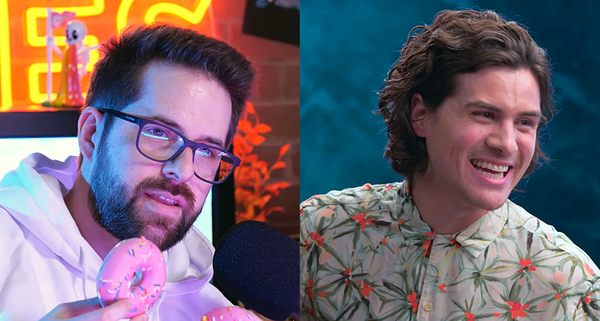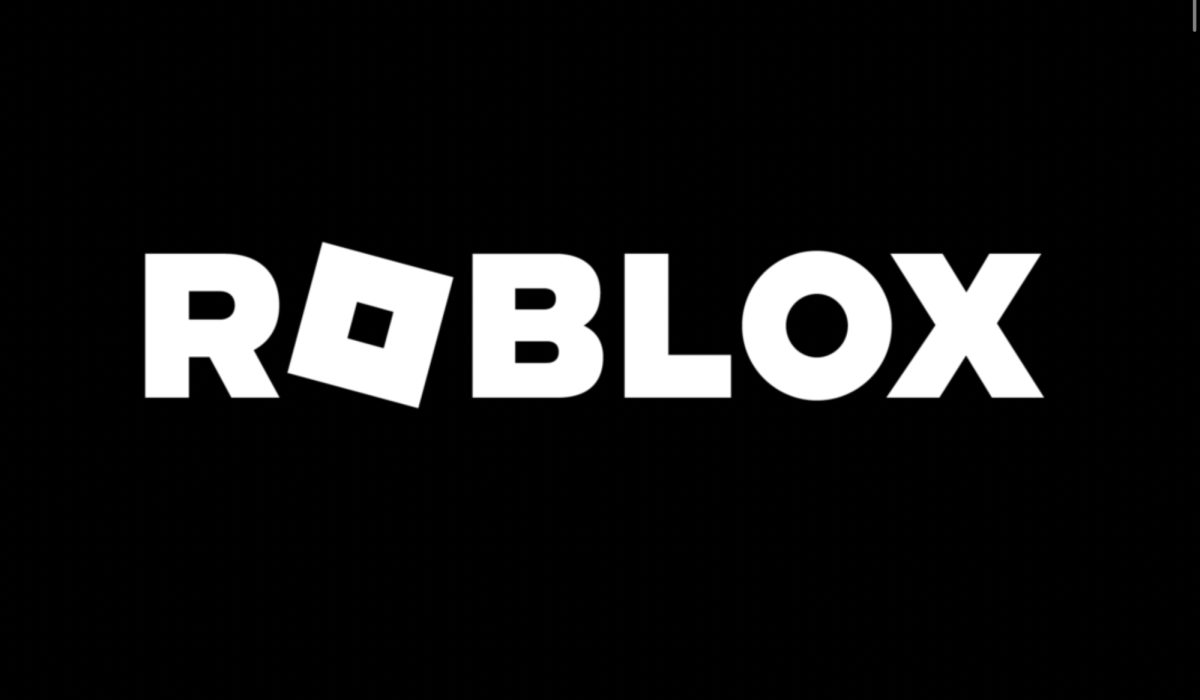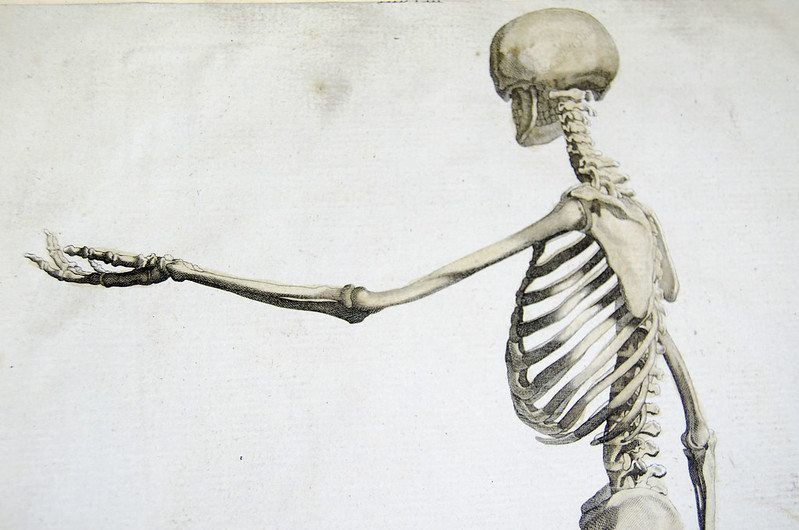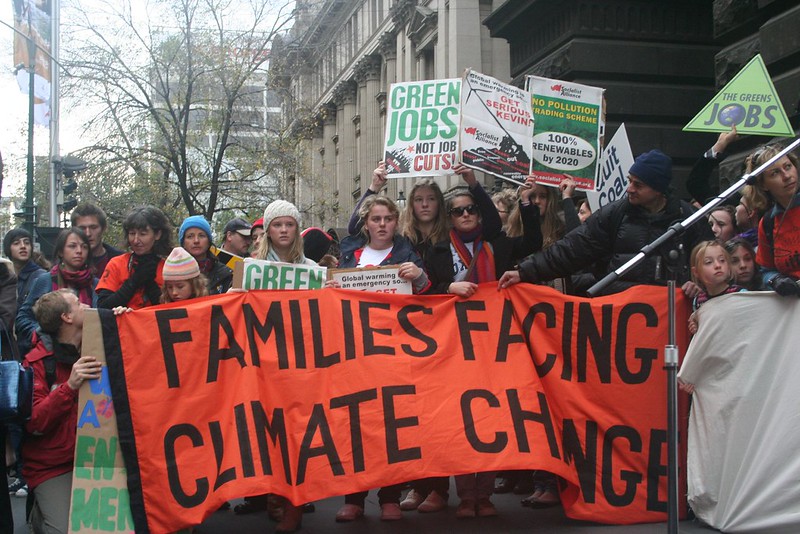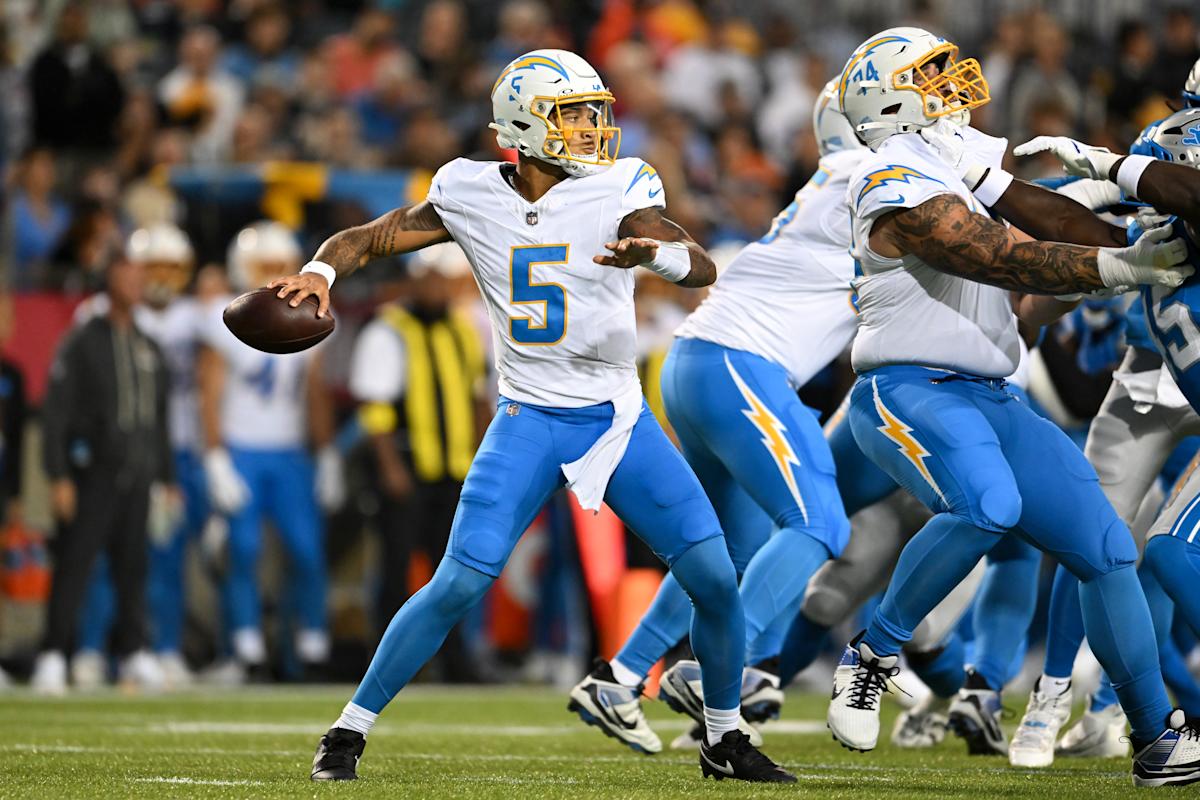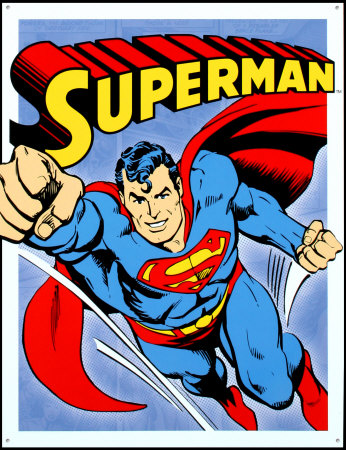Superman (2025) is an absolute delight. James Gunn, also known for his work on all three of Marvel’s Guardians of the Galaxy films, has delivered a heartfelt, timely, and downright fun movie. Every single character—from Superman himself to the various unnamed Lex Corp employees gleefully aiding his nemesis—feels whole and thought-out, with many of the minor characters, such as Superman’s co-workers at the Daily Planet, being presented in such a way that implies a rich, fascinating, and occasionally worrying life that’s on-going just off camera.
The story is immaculately paced, and has enough faith in its audience to trust them to figure out—or in the case of Superman’s origin story, already know—what’s going on without piling on heaps of exposition. In a genre heavy with origin stories, this is a rare boon that allows Superman (2025) to tell a new story, rather than try and riff on one that much of the audience likely already knows.
And what a story it tells! I shan’t deliver spoilers, but suffice to say that this movie is simultaneously one of the most realistic and most optimistic movies I’ve seen in a long time. While those two adjectives are often pitted against each other, with cynicism being automatically deemed more realistic than its inverse, the fact is that the overblown grittiness that saturates many narratives that are deemed realistic doesn’t actually exist. The problems of reality do not stem from humanity being intrinsically evil, or something similarly repeated by edgy Philosophy 101 graduates. Most people are good, or at least are trying to be. Superman (2025) reflects reality in that many of the biggest problems come from tech billionaires, ICE officers, and corrupt, racist politicians. It also reflects the real-world solutions of journalistic evisceration and having your dog attack them. (For legal reasons, this is a joke. The Sword & Shield does not endorse having your dog attack tech billionaires, ICE officers, or corrupt, racist politicians. We won’t stop you though.) (We do support journalistic evisceration, though. More of that please.)
The film also gets at the heart of what I love most about superheroes. To me, the appeal of a superhero narrative has always been based in power fantasy. It imagines people who, given incredible, world-breaking power, choose to fight not in their own self-interest, but in the defense of those around them. It imagines a world in which an individual is strong enough to enact meaningful change, to fight against evil and win, to save lives and do good, all within a tidy two hour runtime. These stories are a balm against the cynicism and the feelings of nihilism that so often plague those who want to do good in the real world, where evil is systemic and the fight is never-ending.
That, in the end, is why Superman (2025) has succeeded where so many other superhero movies have been falling off the mark. It doesn’t fall into the pit traps of cynicism or super-cop tropes. It gets to the core of what superheroes have always been—people who, given immense power, decide to do good for the sake of it. The world around Superman may be complicated, but internally, he remains refreshingly straightforward for the entirety of the film. He wants to save lives. There isn’t anything more to it than that.
I greatly enjoyed this movie, and wholeheartedly recommend it. While I’m sure it isn’t without its flaws, I had such a good time watching it that I didn’t notice any that bore mentioning. I’m very excited to see where DC takes this story next, and am eagerly awaiting the new Supergirl movie, which is coming out in 2026.










